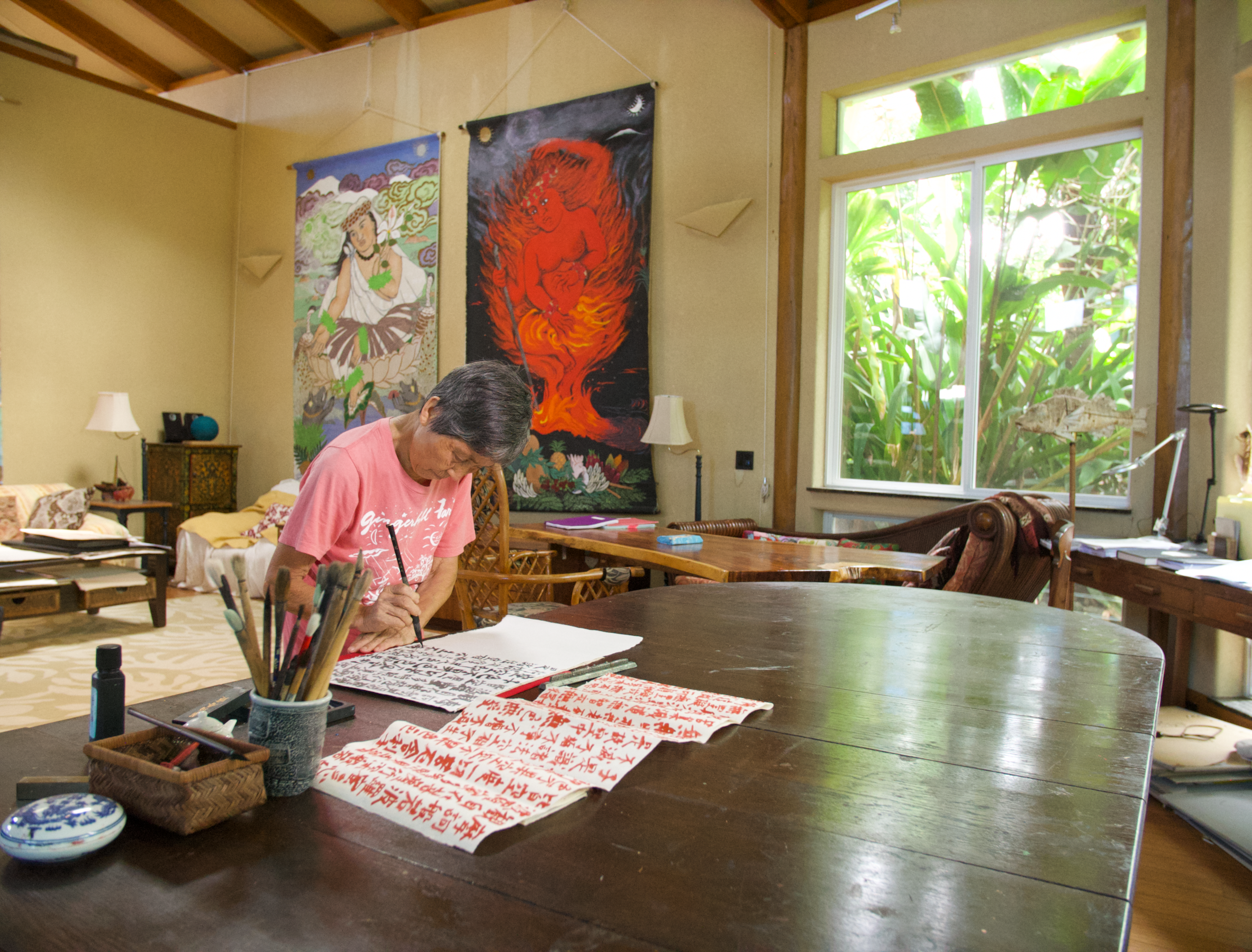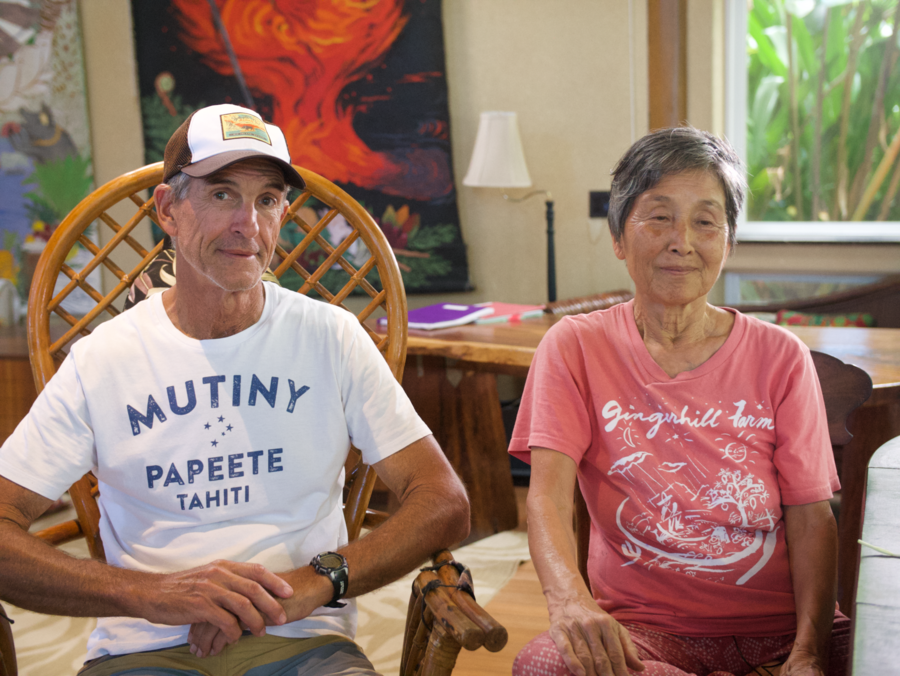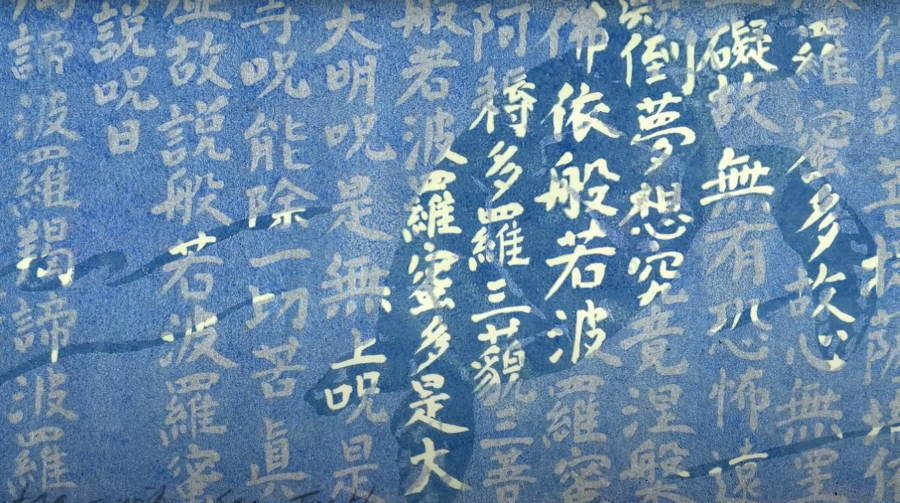MAYUMI ODA
Honolulu
Artist
Powered by authenticity, Mayumi Oda transcends all boundaries of what it means to be an artist. She spent 12 hours each day of her childhood on art, fulfilling her mother’s dream of instilling joyful creativity in her daughter, and today, Oda continues to instill joyful creativity in all of us.
There is no creativity without suffering, and Oda proves that in her rigid childhood ridden with devastation and loss. Born in Japan in 1941 in the midst of war, she was stifled by the patriarchy and shaken by the destruction of Japan. Humans created destruction, grandmothers silenced their granddaughters in the same way they were silenced; Mayumi Oda grew to learn that the world was plagued with ironic concepts. She found herself surrounded by hypocrisy, but her strength relentlessly shows itself through her creativity and spirituality. The bigger the obstacles, the louder her artistic voice.
Mayumi Oda’s art continues to grow into her mantra, “To buy art, you really are buying the energy of this art.” She bears the responsibility on her shoulders to portray women the way she sees them, the way she sees herself: as goddesses. Her muse is the female body, allowing her to achieve a level of self-awareness and an outward positive energy that she can share and instill in other women. She testifies that there was a “primal strength” within her when she went through natural childbirth with her firstborn. That very same strength served as inspiration for many of her paintings, and is continually fueled to this day by the strength of the women around her.
Mayumi Oda is as much of an educator as she is an artist. She is an unfaltering force against war, colonialism, pollution, and other evil forces corrupting the world she believes can exist. She seeks to educate Japan’s policy makers against plutonium development with Inochi.us, and the public on sustainable living with Ginger Hill Farm. Oda creates to create, not to destroy. Taking matters to create change into her own hands, her commitment to a better world is just as strong as her commitment to authentic art. She writes, “May you find your place, I am there for you. Always.” in her autobiography as she makes the world our place, for us all to prosper in compassion in a fear-based civilization.
Her art, imbued with the energy of her personal growth, passion for Buddhism, and social activism, acts as its own sutra which reminds the viewer of the significance of connection, empathy, and compassion for all.




